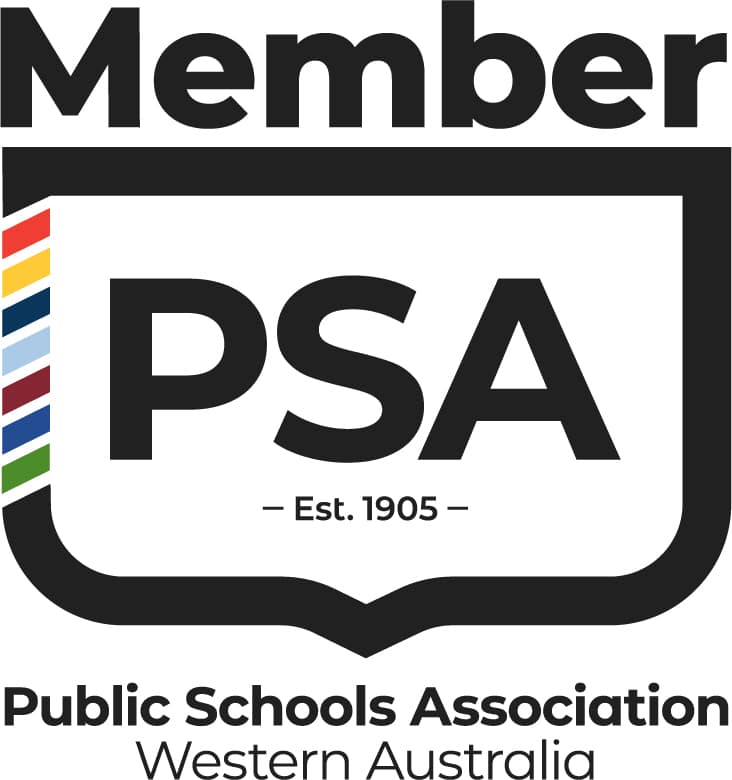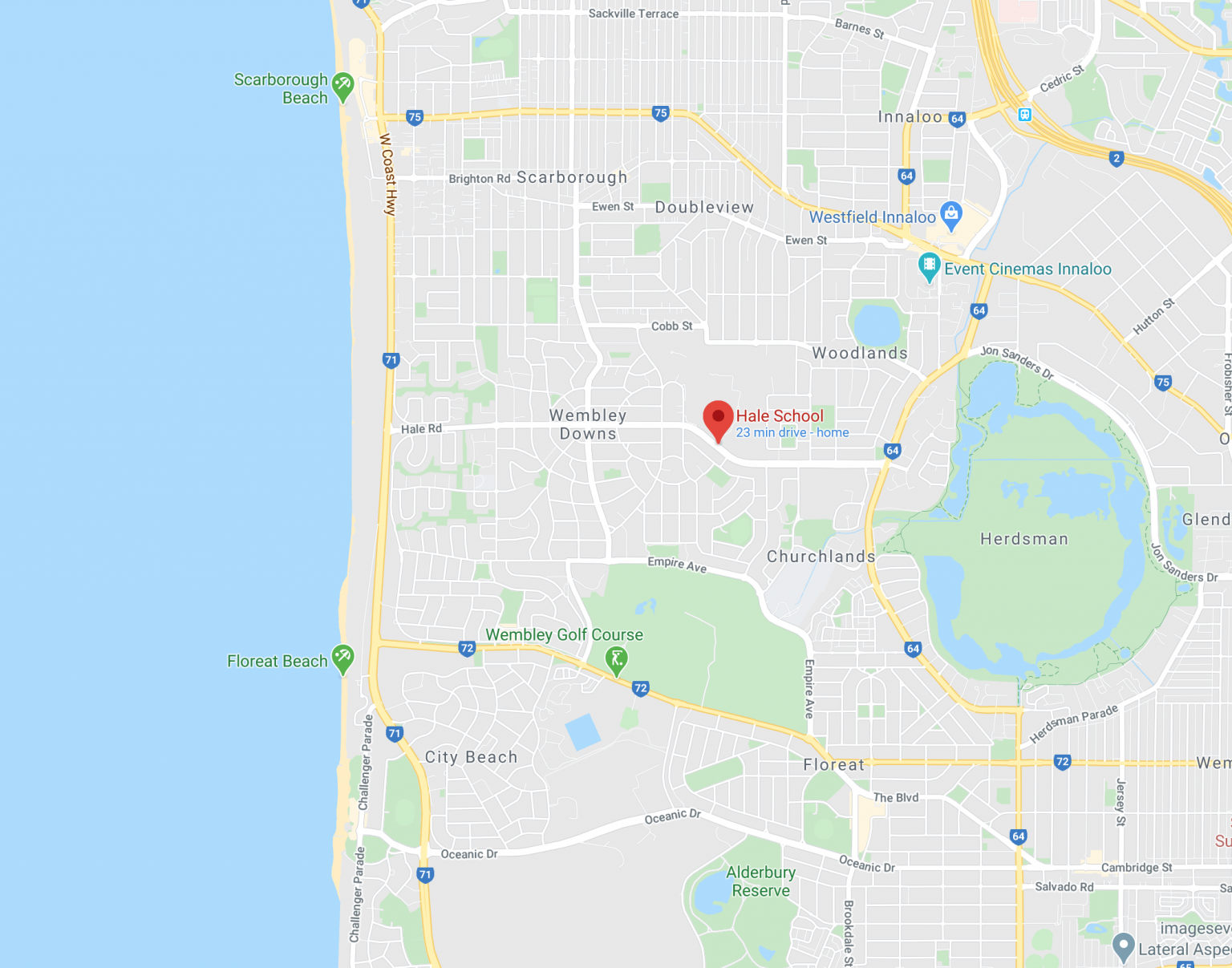The capacity to emotionally regulate is a crucial building block for success and social and emotional wellbeing. This is a skill that takes time to develop, but in the meantime, it can be a very stressful experience for all involved.
As part of our Parent Series, we once again welcomed Karen Young to our stage to address the topic of ‘Big feelings, behaviour and regulation’. Karen began her career as a psychologist working with children, teenagers and families. She is the founder of ‘Hey Sigmund’, an internationally-acclaimed online resource that provides contemporary, research-driven information on anxiety. She is the author of four children’s books that creatively assist children in understanding and managing anxiety and big emotions.
In this session, Karen addressed parents on how to support self-regulation and social and emotional wellbeing in young people. The strategies she shared were centred around the core need for parents to establish meaningful boundaries with leadership and love, and how to respond when those boundaries are challenged – a similar message to that shared by Tom Batty, CEO of the International Boys’ School Coalition at this year’s community forum. He spoke of the need for parents and educators to have “soft hands that don’t move”in their endeavours to best support boys.
Karen shared language and strategies for parents to help navigate emotional storms and expressed the importance of proactively building a toolkit during calm periods to help parents respond effectively during times of dysregulation. It is far easier to draw upon techniques that have been previously practised and considered than to use that time to introduce new techniques.
These strategies align with elements of Hale’s pastoral care programs and support what our students are learning at school. There are some obvious examples of supporting emotional literacy and regulation development through our curriculum, such as the use of the Highway Heroes program in the Lower Junior School, developing emotional intelligence in Year 7, and building wellbeing action plans in Year 9. The language that supports this continued development is shared across various areas of the School on a daily basis and forms part of our core business.
We know that a strong relationship between family and school is one of the most crucial factors in a student’s education. We were encouraged by the number of attendees, and we look forward to the continued development of our working relationship with parents to support our young people.



